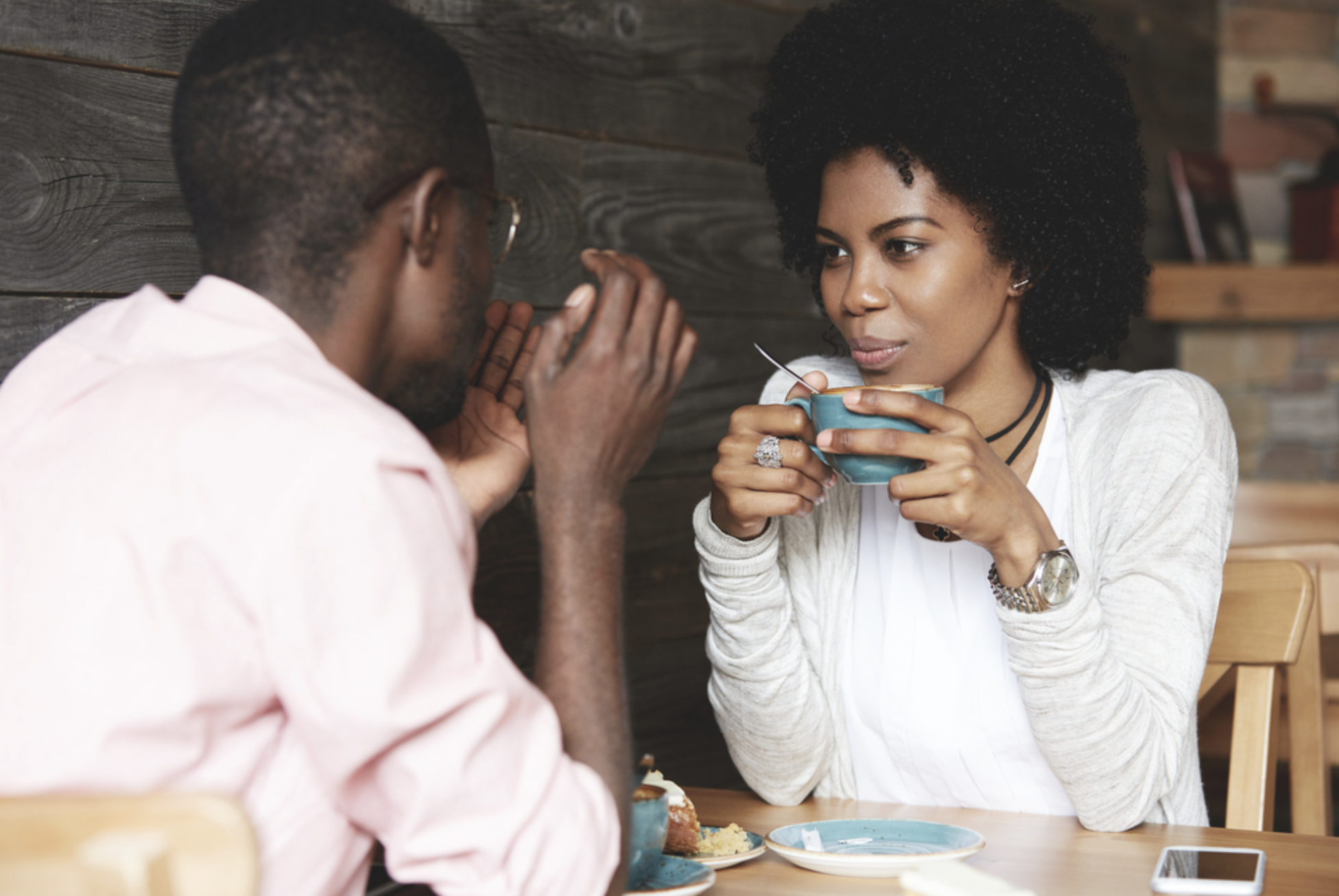4 Signs You’re an Overprotective Partner
When it comes to relationships, wanting to support your partner is a natural instinct. We all want to be their rock, right? But sometimes, that desire to protect can tiptoe into the territory of overprotection. Instead of being a safety net, it can feel more like a heavy blanket that stifles growth and independence.
Let’s dive into some common signs you might be leaning too much toward the protective side and explore ways to keep your relationship healthy and vibrant.
1. Frequent Check-ins and Texting
Do you find yourself reaching out to your partner multiple times a day just to check in or see where they are? Caring is natural, but if the check-ins become constant, it could be a sign of overprotective tendencies. As Dr. Lisa Firestone explains, “The more insecure we feel, the more we may try to control situations and people around us.” This behaviour, while coming from a place of concern, can unintentionally create pressure instead of support, leaving your partner feeling overwhelmed.
Take Jewels, for example. When her partner’s out, she can’t resist sending a few texts to see how he’s doing. While she genuinely cares, her partner often feels like he has to check in constantly, which chips away at his freedom and enjoyment. The intention is loving, but the impact? Sometimes, it can feel stifling.
2. Making Decisions for Your Partner
If you often find yourself choosing things for your partner—like what they wear, who they spend time with, or even what they should be doing with their weekend—it might be time to take a step back. Dr. John Gottman, a leading expert in relationship health, emphasises that “a fundamental principle of healthy relationships is that partners respect each other's autonomy.” Supporting your partner’s independence not only respects their choices but strengthens your connection.
Consider Tom, who tells his girlfriend what outfit she should wear to a party because he thinks it suits her best. His intent may be loving, but over time, she might feel like her own preferences don’t matter, which can lead to tension and a loss of self-assurance.
3. Feeling Jealous or Anxious About Their Interactions
A bit of jealousy here and there is natural, but when it starts affecting your comfort with your partner’s interactions with others, it can become an issue. Often, these feelings come from our own insecurities or a lack of trust. In the Journal of Social and Personal Relationships, researchers found that controlling behaviours often stem from jealousy and anxiety. When we act on these feelings, we can unintentionally create distance.
Think about Jane, who feels anxious whenever her boyfriend goes out with friends. She might find herself questioning his loyalty or needing constant reassurance. Instead of trusting him, this reaction can create tension that undermines the bond they’ve built.
4. Dismissing Their Feelings or Concerns
If you often brush off your partner’s worries, thinking you know what’s best, it could unintentionally invalidate their experiences. Empathy and validation go a long way in creating a healthy, supportive relationship. As Dr. Brené Brown, an expert on vulnerability, puts it, “Empathy is simply listening, holding space, withholding judgment, emotionally connecting, and communicating that incredibly healing message of ‘You’re not alone.’”
For instance, when Mark expresses stress about a work project, his partner might say, “It’s not a big deal; just handle it.”Although well-meaning, this response can make him feel dismissed and alone in his struggles, rather than understood and supported.
Striking a Healthy Balance
Recognising these patterns is the first step toward a more balanced and supportive relationship. Relationships thrive on open communication, mutual respect, and trust. As relationship expert Dr. Harville Hendrix wisely says, “The purpose of a relationship is to help each other grow.”
By creating space for both independence and closeness, your love becomes empowering rather than overwhelming. So, take a moment to reflect—are your actions nurturing your partner’s independence or unintentionally stifling it? Finding that balance can help your relationship flourish in new ways, building trust and a deeper sense of partnership.
Disclaimer: The resources provided on this site are for educational purposes only and are not intended as a replacement for professional therapy, counselling, or medical care. Please consult with a licensed mental health clinician for any personal concerns or questions. In case of a crisis, contact emergency services immediately.






















